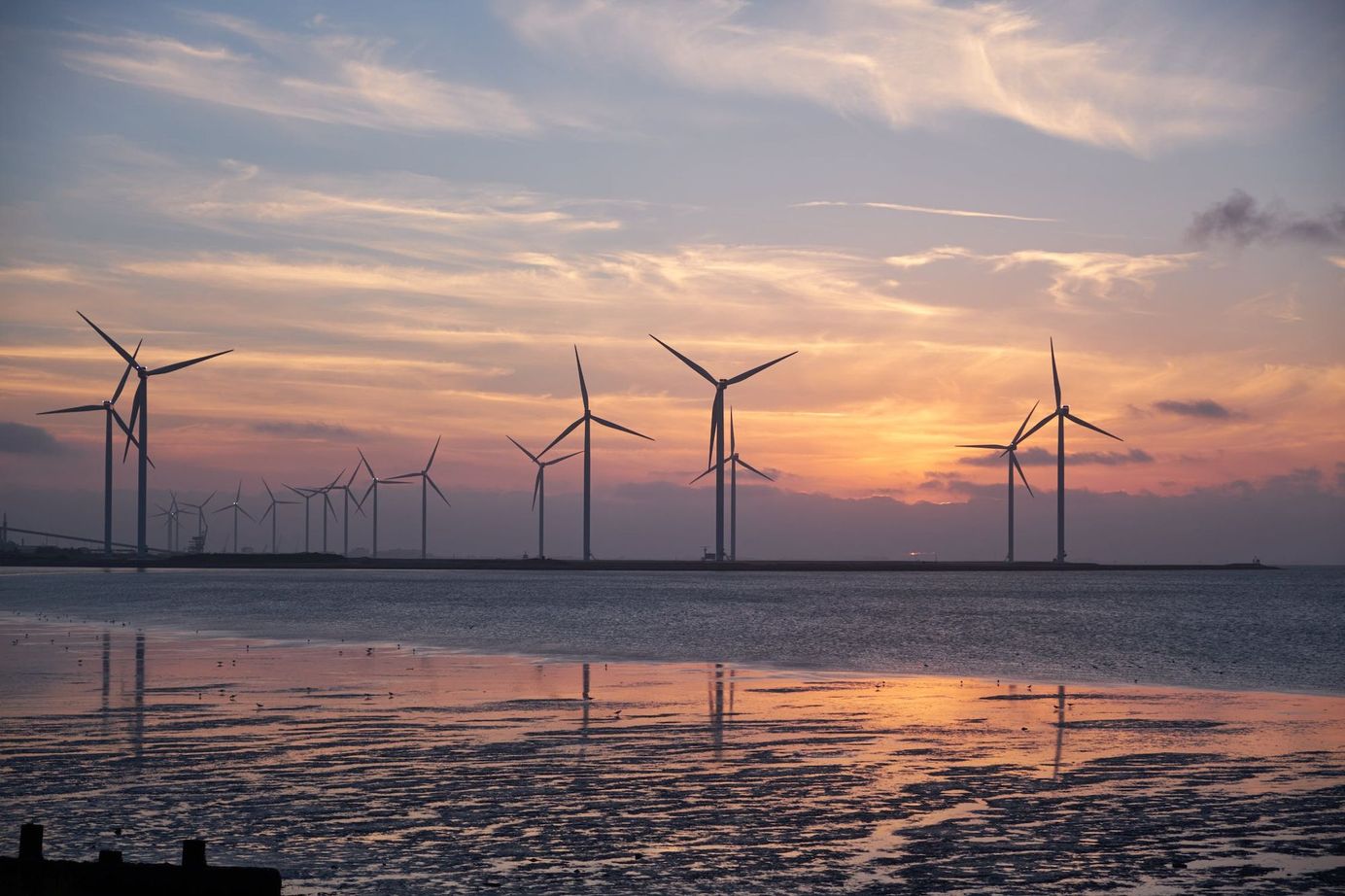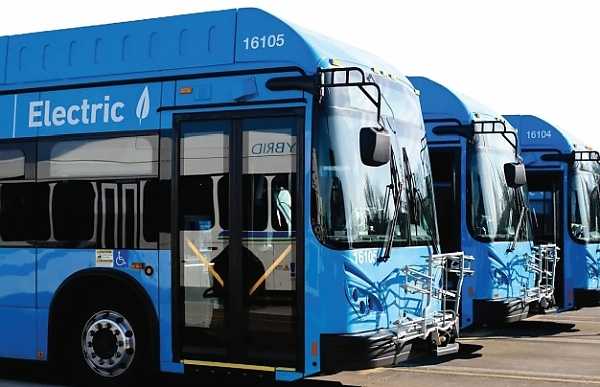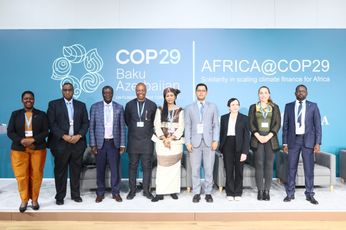
Is gas harmful to Africa's net zero goals?
While natural gas can serve as a bridge fuel, it may also hinder net zero initiatives.
As Africa tries to close its energy access gap and transition to renewable energy, the role of natural gas in its energy mix has been a controversial subject of debate. Natural gas development is still in its early stages in Africa and serves as a source of revenue for African countries with the natural resource. It also serves as an alternative to dirtier fossil fuels. While gas can support the continent’s energy access objectives, it could also impede the goal of achieving net zero by 2060.
Gas contributes substantially to electricity generation in major African countries and plays a critical role in closing the energy access gap in Africa. In countries like Algeria, Egypt, Nigeria, Ghana, and Libya, gas contributes more than 70% to electricity generation, according to the International Energy Agency, 2019. Also, gas is being advocated to be seen as a transitional or ‘bridge fuel', with definitely fewer emissions compared to crude oil and coal, making it a better alternative. Gas is also considered a reliable source of energy that can complement renewable energy sources like solar and wind power and can serve as a stopgap when renewable energy is temporarily unavailable. Also, the Russian-Ukraine war has revealed that gas still has a role to play in the transition from fossil fuels to renewable energy.
However, reasonable concerns have been expressed about the continued investment in gas infrastructure and how the use of gas could deviate from the fight towards net zero and divert funding and financing from renewable energy projects. Africa is one of the continents most affected by climate issues, including flooding in Nigeria, drought in Kenya, and famine in Uganda. Therefore, while natural gas may have a role to play in the transition to a low-carbon future, its continued use must be carefully managed to avoid impeding the energy transition objectives.
The role of gas in the transition to renewable energy is a complex issue that requires a thorough consideration of its advantages and disadvantages. Therefore, all stakeholders—the government, corporations, and energy experts—must consider all aspects when determining the optimal course of action for Africa’s energy future. The objective is to transition to renewable energy while bridging the continent's energy access gap.
FullyGreen Newsletter
Join the newsletter to receive the latest updates in your inbox.








